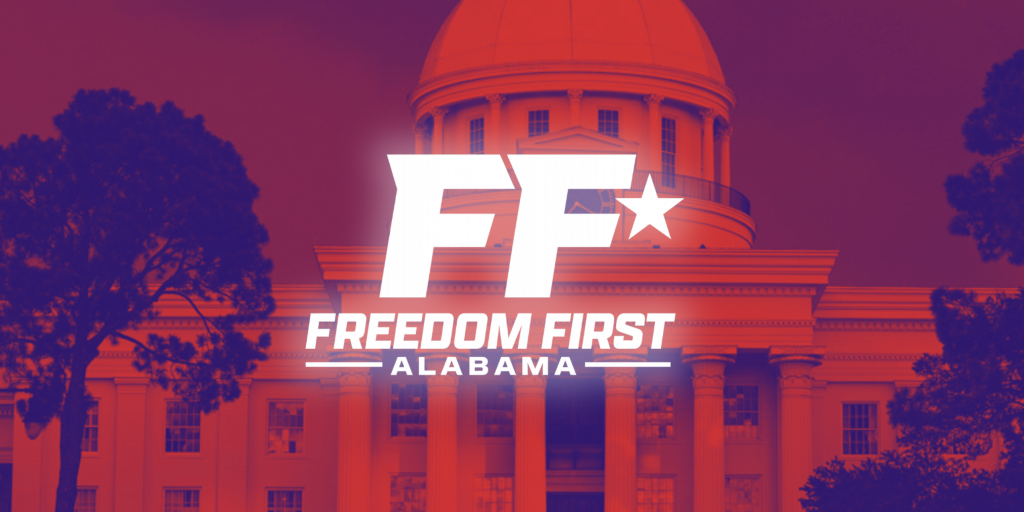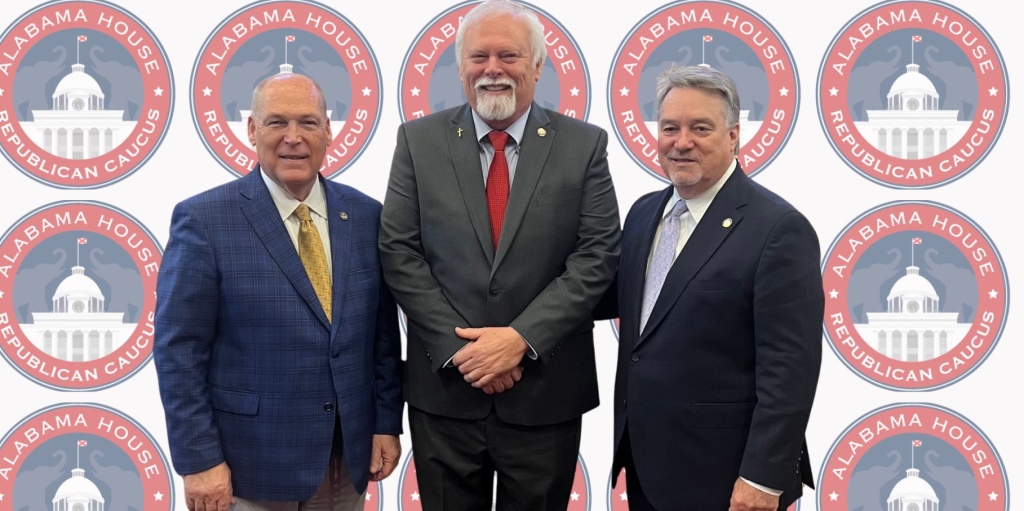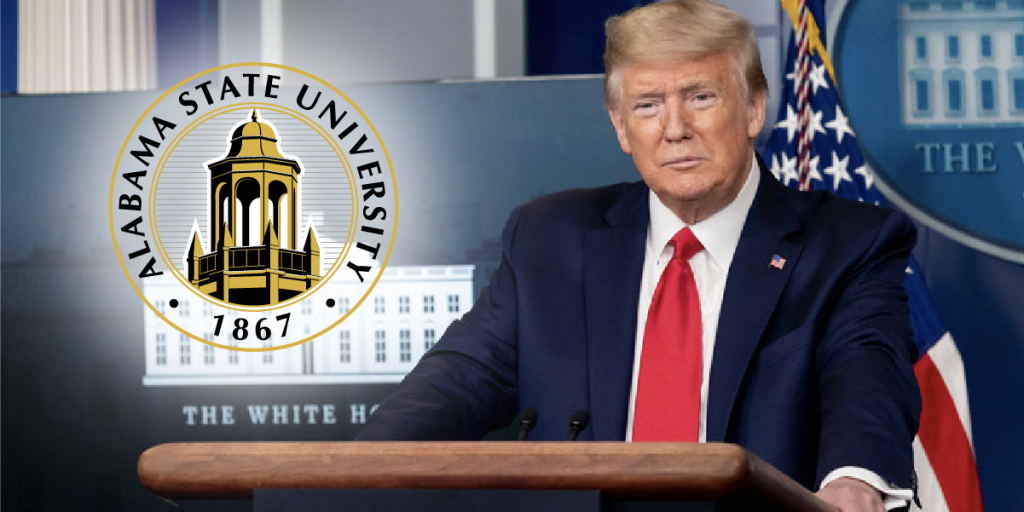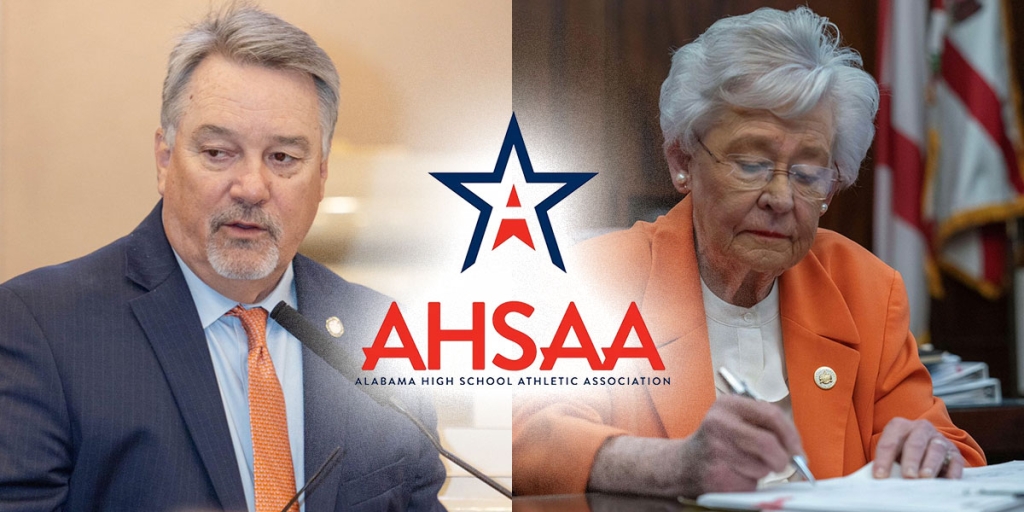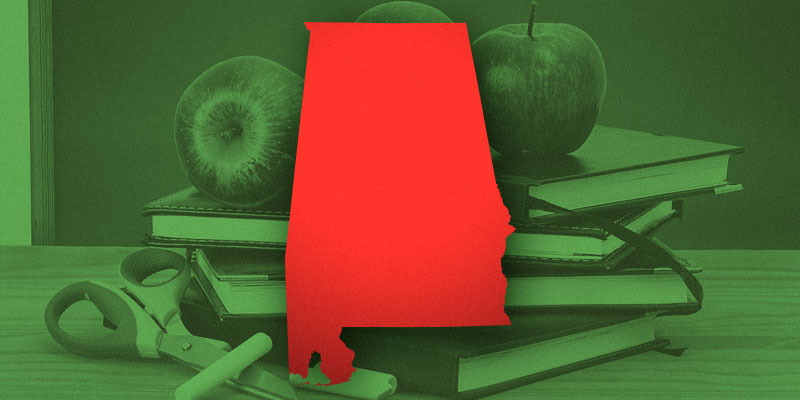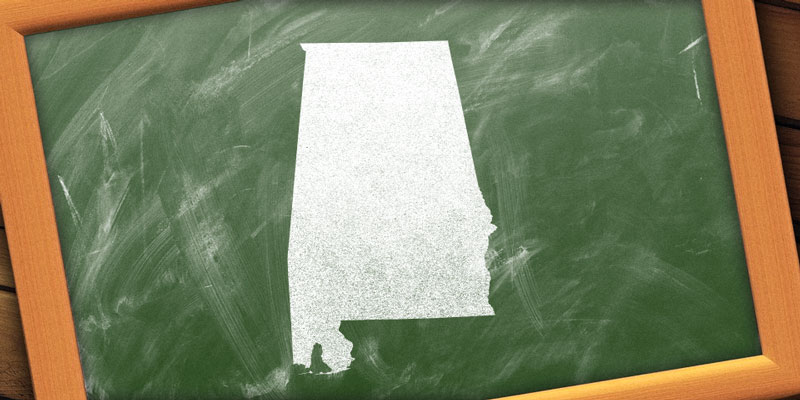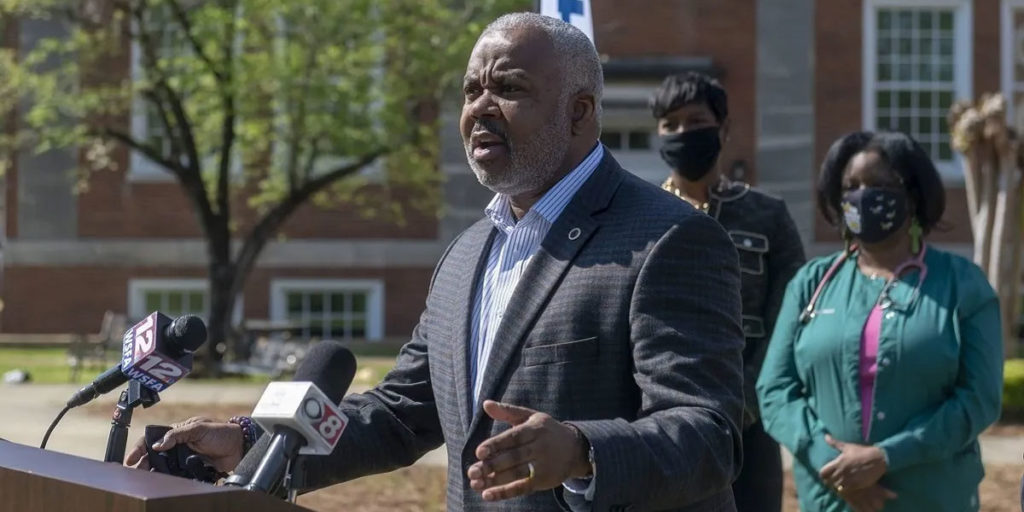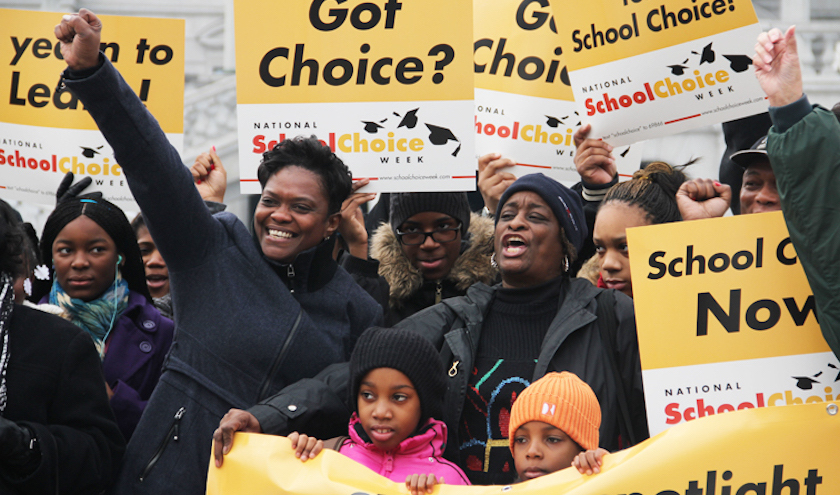
MONTGOMERY, Ala. — The Republican leaders of the Alabama House and Senate filed a motion Tuesday asking the state’s Supreme Court to expedite its ruling on the Alabama Accountability Act (AAA), the school choice law passed by the Legislature and signed by Gov. Bentley in 2013.
Advocates of the law say it offers a “lifeline” to children in failing public schools by allowing them to transfer to successful public schools, or by giving their low-income parents state income tax credits so they can send their children to private school. Critics say it’s a way to funnel money out of public education.
The law has withstood numerous legal challenges in the past.
Most notably, U.S. District Judge Keith Watkins dismissed a lawsuit filed by the Southern Poverty Law Center (SPLC) seeking to permanently block the law’s implementation.
In short, the SPLC argued that since the law does not rescue every Alabama child stuck in a chronically failing school, it should not be allowed to rescue any Alabama children who are stuck in a chronically failing school.
“The requested remedy is arguably mean: Withdraw benefits from those students who can afford to escape non-failing schools,” Judge Watkins wrote in response to that argument. “The only remedy requested thus far would leave the plaintiffs in exactly the same situation to which they are currently subject, but with the company of their better-situated classmates. The equal protection requested is, in effect, equally bad treatment.”
A previous lawsuit by the Alabama Education Association (AEA) was rejected by the Alabama Supreme Court last year.
But in May, Montgomery Circuit Judge Eugene W. Reese ruled the law unconstitutional in response to a suit filed by the AEA, Democrat state Sen. Quinton Ross and the Lowndes County School Superintendent.
The plaintiffs argument in that case was that the AAA violated Alabama’s Constitution by, among other things, including more than one subject in the bill. The original bill allowed local school districts to apply to receive flexibility from certain state regulations, but was ultimately expanded to include the school choice provisions as well.
At the time of the Montgomery court’s ruling, legal experts predicted that it would not withstand appeal. It is extremely rare for a law to be struck down for violating the “single-subject rule.” Courts tend to show a great deal of deference to the Legislature as long as different parts of a bill are conceivably connected.
The Alabama Supreme Court is scheduled to hear arguments on the case on Wednesday (Dec. 3), and the Republican leaders responsible for the law’s passage are urging the Court to rule quickly to “avoid possibly devastating prejudice to thousands of children of families across the state who are currently receiving scholarships through one of several scholarship granting organizations (SGOs).”
Alabama House Speaker Mike Hubbard and Senate President Pro Tem Del Marsh note in their motion that the scholarship program is funded by donors, some of whom are withholding their donations pending the Court’s ruling.
“In light of the uncertainty caused by this litigation, some donors who would like to make substantial donations to SGOs (and who have made such donations previously) are considering withholding their planned donations until this court rules, which could be well after December 31, 2014,” the motion states. “This would mean that many students’ lives would be turned upside-down due to the loss of their scholarships during the 2015/2016 school year.”
The motion requests that the Court either go ahead and rule, or if they need more time, ensure that donors would receive the promised tax credits, regardless of the ultimate ruling.
Whichever way the Court rules, school choice will likely continue to be a major issues in the Legislature next session.
Follow Cliff on Twitter @Cliff_Sims




